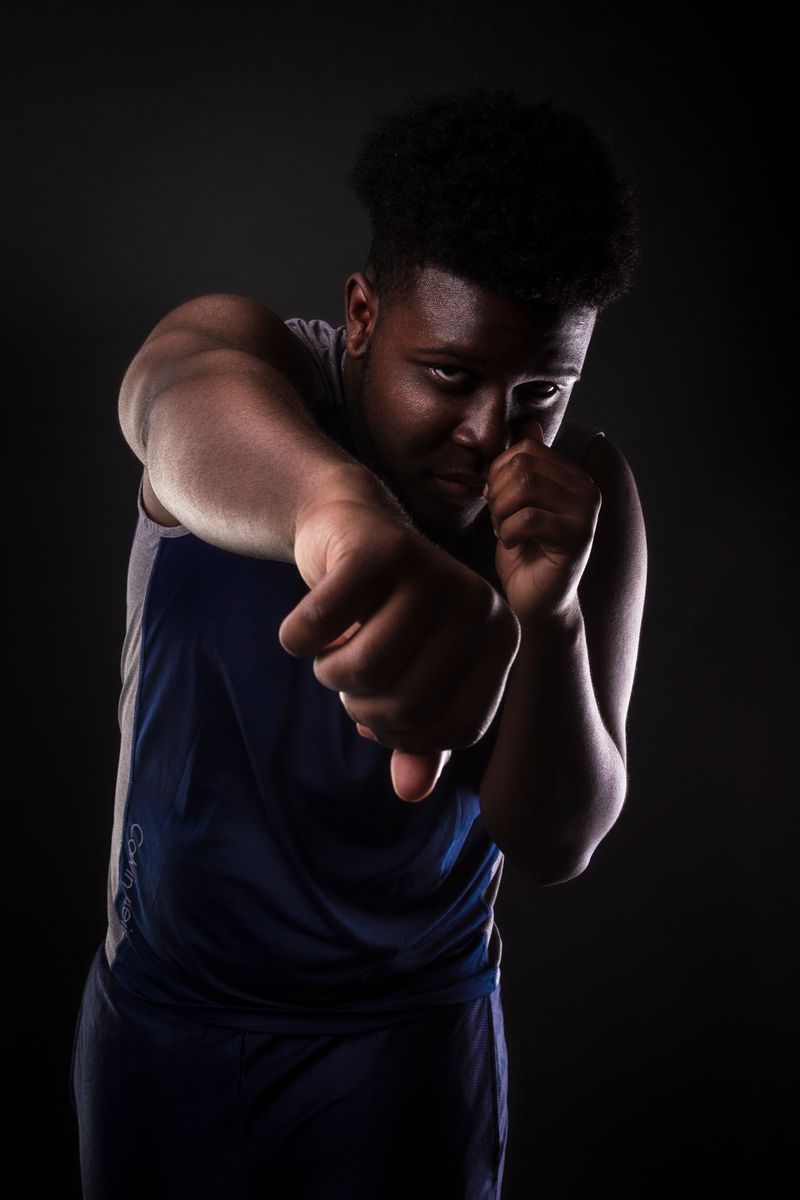The NFL‘s Chandler Jones Incident: A Case of Social Media Mismanagement
Introduction
In an era dominated by social media, the prevalence of athletes using these platforms to interact with fans and express their opinions has become commonplace. However, the recent incident involving Chandler Jones, a star defensive lineman for the Las Vegas Raiders, has sparked a broader debate about the responsibility and consequences that come with this level of exposure. Jones’s social media rant directed at his team’s management has raised important questions about the boundaries of personal expression and the impact it can have on team dynamics and public perception.
The Chandler Jones Rant
On a seemingly unremarkable Tuesday morning, Chandler Jones took to social media to express his frustration with the management of the Las Vegas Raiders. In a series of tweets, Jones openly criticized the team’s decision-making processes, questioned the competence of the coaching staff, and even made disparaging remarks about some of his teammates. The rant, which lasted for several hours, gained significant attention and quickly became the subject of discussion among fans, media, and even rival players.
Implications for Team Dynamics
The impact of such an outburst on team dynamics cannot be understated. NFL teams are built on trust, camaraderie, and a shared goal of achieving success. When a player publicly undermines the decisions and abilities of his colleagues, it can create an environment of divisiveness and erode the trust that exists between teammates. The responsibility of a professional athlete goes beyond personal frustrations; it extends to fostering a positive and supportive team culture.
Social Media and Public Perception
In today’s hyperconnected world, athletes wield an astonishing amount of influence. Social media platforms grant them direct access to millions of fans and offer a glimpse into their lives both on and off the field. As celebrities, athletes are seen as role models and their behavior is scrutinized by fans and the media alike. When they engage in reckless or inflammatory behavior online, it not only reflects poorly on themselves but also tarnishes the reputation of the entire organization they represent.
Philosophical Discussion: Balancing Personal Expression and Responsibility
The Chandler Jones incident raises important questions about the line between personal expression and responsibility. On one hand, athletes, like any other individuals, have the right to express their opinions. However, they must also recognize the implications and consequences of their words, especially when their actions can impact the livelihoods and reputations of their teammates, coaches, and even the organization itself.
An Editorial on Professionalism
As an editorial piece, it is important to reflect on the implications of this incident and provide some advice for athletes navigating the treacherous waters of social media. First and foremost, professionalism should always be the guiding principle for athletes when engaging with the public. This means thinking before tweeting, carefully considering the potential impact of their words, and choosing to address concerns privately with management or within the team setting.
The Power of Constructive Criticism
While it is crucial for athletes to maintain professionalism, it is not to say that they should remain silent or ignore issues within their organizations. Times of frustration can be turned into opportunities for constructive dialogue and growth. Athletes should consider engaging in open, respectful conversations with management, coaches, and teammates, either privately or through appropriate channels, to address concerns and effect positive change. By doing so, they become catalysts for progress rather than agents of discord.
Utilizing Social Media Positively
Social media can be a powerful tool for athletes to connect with fans, expand their brand, and highlight charitable endeavors. By focusing on these positives and sharing behind-the-scenes glimpses into their lives, athletes can harness the power of social media to build stronger relationships with their audience and inspire others.
Conclusion
The Chandler Jones incident serves as a cautionary tale for professional athletes in the digital age. While personal expression should be celebrated, the power and reach of social media demand a greater sense of responsibility. Athletes must recognize the impact their words and actions can have on team dynamics, public perception, and the overall perception of their professionalism. By balancing personal expression with professionalism, constructive criticism, and a positive online presence, athletes can leverage social media as a force for good and foster a strong team culture both on and off the field.

<< photo by Dan Asaki >>
The image is for illustrative purposes only and does not depict the actual situation.
You might want to read !
- The Future of the Top 25 College Football Teams: A Deep Dive
- Florida State Makes a Big Move in the Rankings, Colorado and Duke Join the Party in Week 2
Title: Florida State Climbs to No. 4, While Colorado and Duke Make Waves in the AP Top 25
- The Rise and Fall: Analyzing the Shifts in ESPN’s Week 2 College Football Rankings
- “AP College Football Poll Reaction: A Glimpse into the Future for the Top 25 Teams”
- Madison Keys Dominates American Rival Jessica Pegula to Sail into Next Round
- “Peyton Stearns: Shattering Records and Making Cincinnati Proud at the US Open”
- The Battle of the Blue Devils: Exploring Clemson vs. Duke and Predicting the Outcome
- The Rise of Ben Shelton: Overcoming Tommy Paul for US Tennis Victory
- The Tragic Loss of Hugh Douglas: Reflecting on a Football Legacy
- Forecast: The Atlantic’s Fury Looms – Brace for the Next Major Hurricane
- The Overlooked Importance of Corporate Payroll Services in the Global Economy
- Ruby Franke: Unveiling the Dark Side of YouTube Mom Culture
- “The Resilience of Amy Robach and T.J. Holmes: A Social Media Comeback”
- A Lesson in Exorbitance: The Spectacular Failure of Fyre Festival II
- The Tragic Loss of Former Eagle Hugh Douglas’ Son in a Fatal Crash near Atlanta




